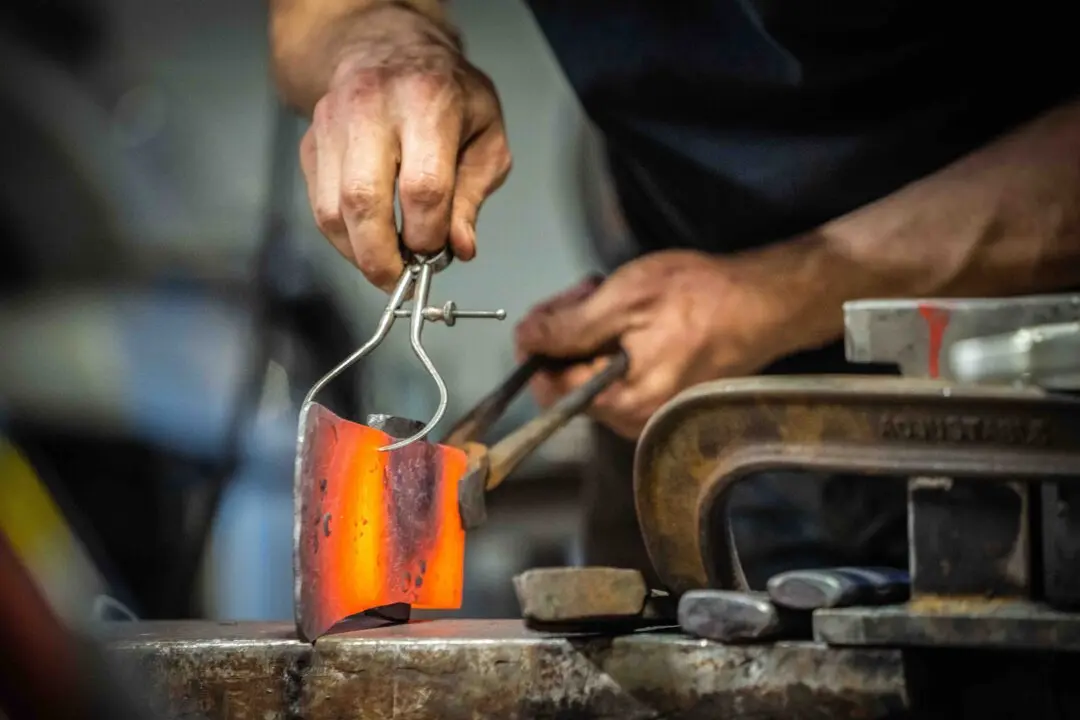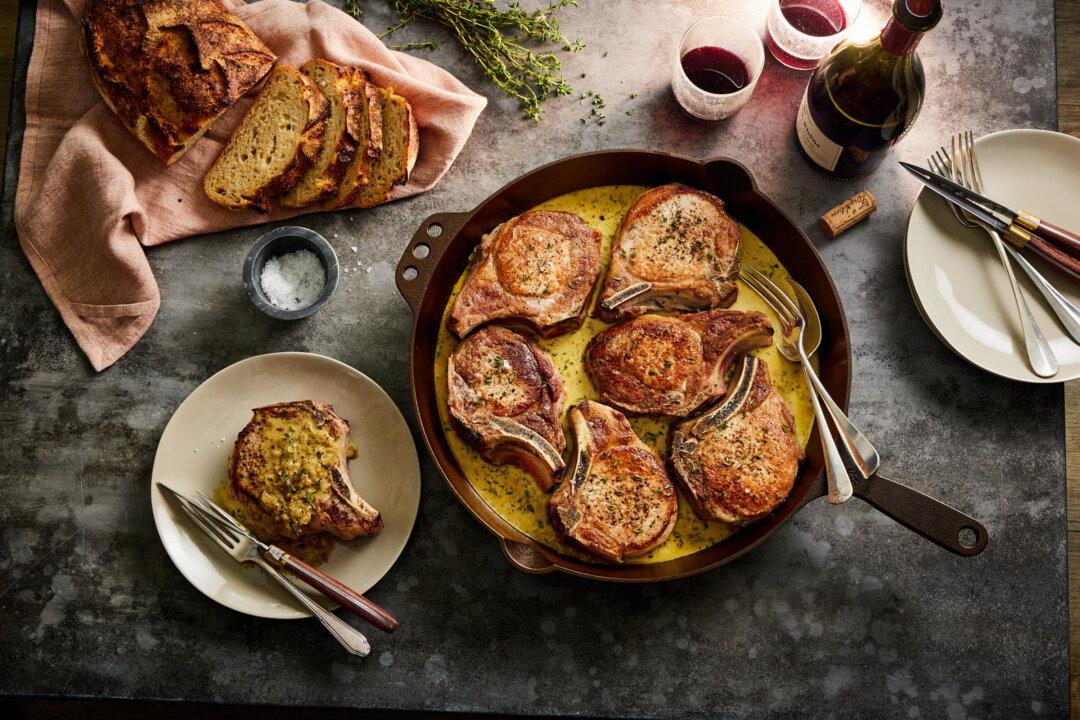Shelby Lancaster is a homemaker, loud and proud. The 27-year-old expectant mom of two from Middle Tennessee is part of a growing movement of women redefining what it means to be successful.
The 50 or so women who belong to the Back to Homemaking Collective see themselves as gatekeepers of their homes. Extremely resourceful, they have turned their backs on consumerism and the nine-to-five, and instead embrace traditional skills.






